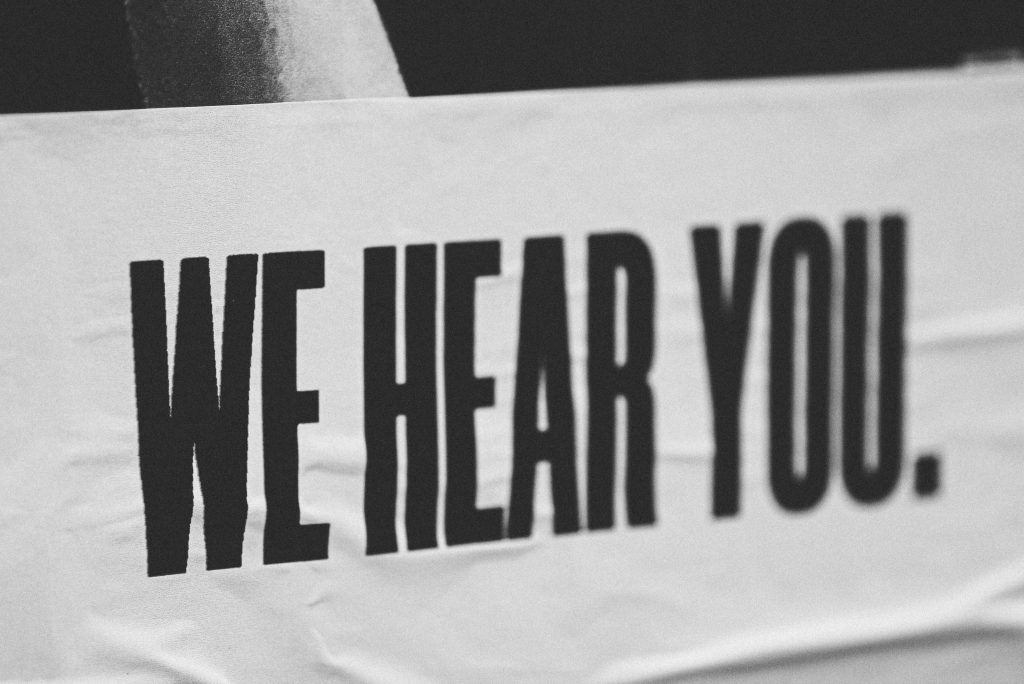It’s been a crisis-packed year for brands. From failure in company culture or leadership, to sophisticated cyber attacks, here is our pick of the year’s crises, and what we can learn from them.
Culture is critical (and starts with behaviour)
The CBI is still reported to be ‘fighting for survival’ after facing multiple claims of sexual harassment and abuse, and saw the resignation of its former director general. There were reports of how hard it was to talk to HR and, in at least one case, how long it took for the disciplinary process to start.
The Spanish Soccer Federation responded initially with the threat of legal action in response to allegations of sexual assault and bullying, before finally apologising, changing its leadership, and promising a ‘new era’ of women’s football.
Your biggest threat could come from the top
X (formerly Twitter) is seeing advertisers leave in droves, concerned about the amount of hate speech, disinformation and conspiracy theories that are allowed to flourish on the site. Elon Musk responded by telling advertisers pulling their budgets to “go f***” themselves, in an interview which X’s CEO, Linda Yaccarino, later described as “wide-ranging and candid” (which is certainly one way to describe it!).
NatWest is still dealing with the fallout over the ‘debanking’ of Nigel Farage from Coutts, which cost Dame Alison Rose her job (and £7.6m in share awards and bonuses). True to form, Farage has kept this in the news with the announcement of lawsuit against NatWest. It’s the gift that keeps giving.
See your campaigns through a global lens
Zara pulled a campaign that the brand said was intended to show images of unfinished sculptures in a studio (and included an image of a mannequin wrapped in a white shroud), but which many people took to resemble images from Gaza. There has been a massive backlash against the brand, which is facing calls for a boycott.
In an interview with the BBC (35 minutes in), our co-founder Tamara Littleton talked about the importance of a diverse team with a global outlook checking campaigns before they go live, and seeing whether they could cause offence in light of world affairs.
If you’re supporting LGBTQIA+ communities, mean it
Bud Light faced the wrath of the far-right and anti-trans rights campaigners when it sent a case of beer to influencer and activist, Dylan Mulvaney, to celebrate the anniversary of her gender affirmation. The backlash was horrific. Mulvaney suffered appalling abuse both online and offline, but rather than offering her support or condemning those targeting her, Bud Light blamed its marketing team for alienating its core fan base, and distanced itself from the campaign.
If you’re going to work with LGBTQIA+ communities, do it right. You can’t claim to celebrate diversity if you cave at the first sign of pressure – or worse, if you abandon the people who’ve suffered as a result of your campaign.
A crisis could come from within your supply chain
MOVEit may not be a name you were familiar with before May 2023, but a vulnerability in the file transfer software caused data breaches at more than 2000 of its client organisations, including Shell, BA, the US Government, the BBC, Aer Lingus, Ernst and Young, Transport for London and American Airlines. More than 62 million people are believed to have had their data breached by the hacking group ‘Clop’.
Firming up your own crisis plans may not be enough – check those of your supply chain, too.
–








